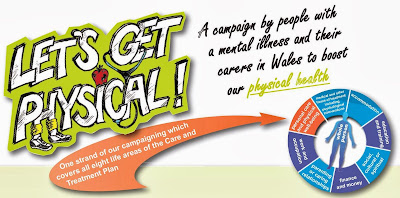
Clever advertising steering around bad law
So it is the 50th anniversary of the birth of Radio Caroline. That will make the baby boomers feel old. Not me, I'm too young to be a boomer so I got only half of those legendary late 20th century benefits (e.g. free university tuition fees) but will not get the other half (e.g. retirement pension at 65).
But I was by chance listening to the final broadcast from Caroline in 1980 as she sank in the North Sea, a memorable moment in radio history as the crew broadcast until the water lapped at their feet and they had to get out sharpish carrying their canary Wilson (named satirically after the former Prime Minister who had tried to close them down).
Caroline is mainly remembered for forcing the Beeb to start broadcasting contemporary music which was indeed a momentous cultural revolution. But pirate radio should also be celebrated as the vanguard of independent, unfettered broadcasting which has almost been realised today, no thanks to government but because the internet makes it impossible to control the media, essentially a good thing though obviously, with complete freedom to broadcast, there will be wicked people doing it too.
Tony Benn didn't quite live long enough to see the Caroline anniversary but presumably he would not have celebrated since he was the minister in the 1960s who instigated the criminalisation of off-shore broadcasting, an act which killed off most of the pirates - but not Caroline which held on precariously in a legal limbo. In spite of his cuddly image in modern times Benn actually belonged to that bossy generation of politicians (of the right as well as the left) who didn't trust citizens with anything much and felt the need to control the flow of information at every point.
These things matter because restriction of information ends up hurting vulnerable people, not least people with a mental illness, who are safer if those who might mistreat them cannot easily hide. However, the protection which free media afford is at risk if the government (and other political parties in alliance with those sleazy, embittered celebs and millionaires caught with their trousers down) succeed in their current disgraceful attempt to curtail press freedom.






















